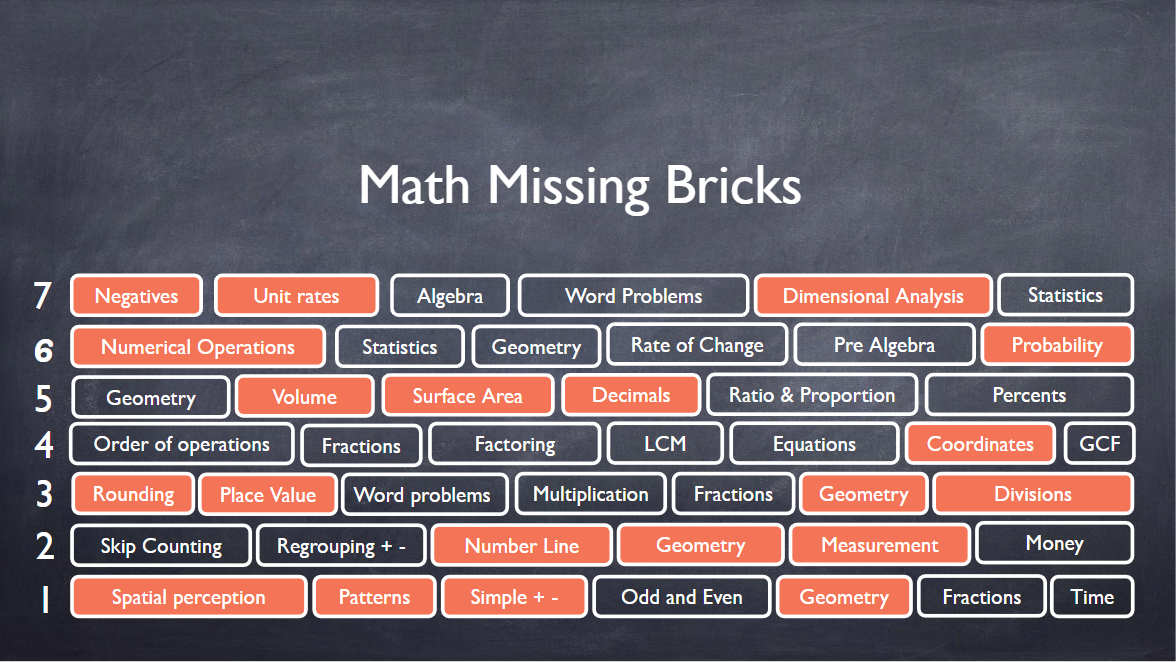 Ahhhh adolescence! It can be both wonderful and scary for parents and children. Research often portrays adolescence as a period of storm and stress. One where children demand their autonomy, rebel against their parents, and explore all sorts of things (some of which I am sure parents dread). However, from a more positive point of view, it is also the stage in which children truly begin to develop their identities! Their thinking becomes less concrete and more abstract. They become more cognitively expansive and responsible, and commence upon the path of becoming adults.
Ahhhh adolescence! It can be both wonderful and scary for parents and children. Research often portrays adolescence as a period of storm and stress. One where children demand their autonomy, rebel against their parents, and explore all sorts of things (some of which I am sure parents dread). However, from a more positive point of view, it is also the stage in which children truly begin to develop their identities! Their thinking becomes less concrete and more abstract. They become more cognitively expansive and responsible, and commence upon the path of becoming adults.
While there are many changes that take place during adolescence that can be of concern, research has shown that most adolescents succeed in school, have positive relationships with their parents and peers, and emerge as adults pretty much unscathed from their experiences (American Psychological Association, 2002; Arnett, 1999). While parents and educators should be aware of the challenges that adolescence face, such as bullying, depression, puberty, and even exposure to drugs, they should also understand that these challenges are often avoided. This is due to most adolescents blossoming during their cognitive development stages and the support that they receive from their parents, teachers, and peers.
So, What Does This Adolescent Cognitive Growth Look Like?
From about the ages of 11 to 18, children increasingly become more logical thinkers. In early adolescence, they begin using more complex decision-making that hone in on school and their home lives. Specifically, they start to become more hypothetical and deductive in their schoolwork, question authority and society, and form their own personal opinions about a variety of topics. They might even start voicing their opinions about which household rules they disagree with, so parents be prepared!
During middle adolescence, children are much more experienced with complex thinking and moral decision making. At this point they are becoming more philosophical and think about their future with much more planning and detail. They analyze and question themselves as well as others, and they start to develop their code of ethics (Piaget, 1972).
Late adolescence is further characterized by cognitive complexity that often focuses on life planning, justice, and politics. During this time, adolescents develop strong convictions regarding their beliefs, they may debate others who disagree with them, and their thinking is heavily career focused. They start to think about their role in emerging adulthood and make the decisions that often dictate the success that they will have in the future. This is where we must come in as parents. Even in late adolescence, we should guide our children in making appropriate decisions!
How You Can Help Your Adolescent Transition
Beginning in early adolescence, you should include your child in tasks or discussions that encourage them to think freely. Pose topics of moral dilemmas and ask them their opinions. Talk to them about the mistakes you made at their age and be open to them making some of those same mistakes. Try not to be closed-minded and excessively punitive because this will only encourage your adolescent to hide things from you. Instead, assist your child in re-evaluating poor decisions with healthy discussion and challenge them to think about their future (URMC, 2017). In summary, just try your best to be supportive and understanding. Know that adolescence can be difficult, but with our help, it doesn’t have to be miserable.
References:
American Psychological Association (2002). Developing Adolescents: A Reference for Professionals. http://www.apa.org/pi/families/resources/develop.pdf
Arnett, J. J. (1999). Adolescent storm and stress, reconsidered. American psychologist, 54(5), 317.
URMC Health Encyclopedia





